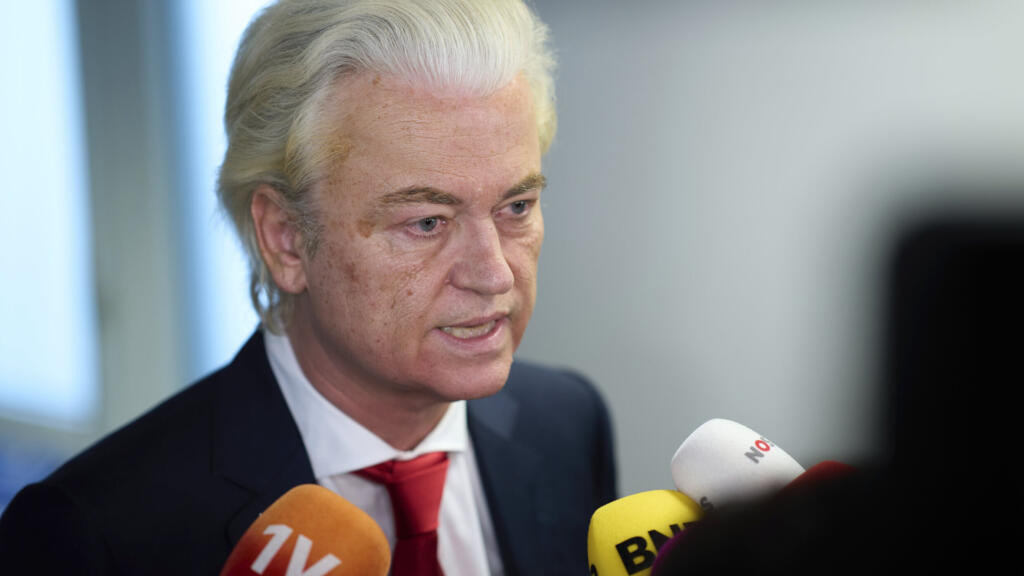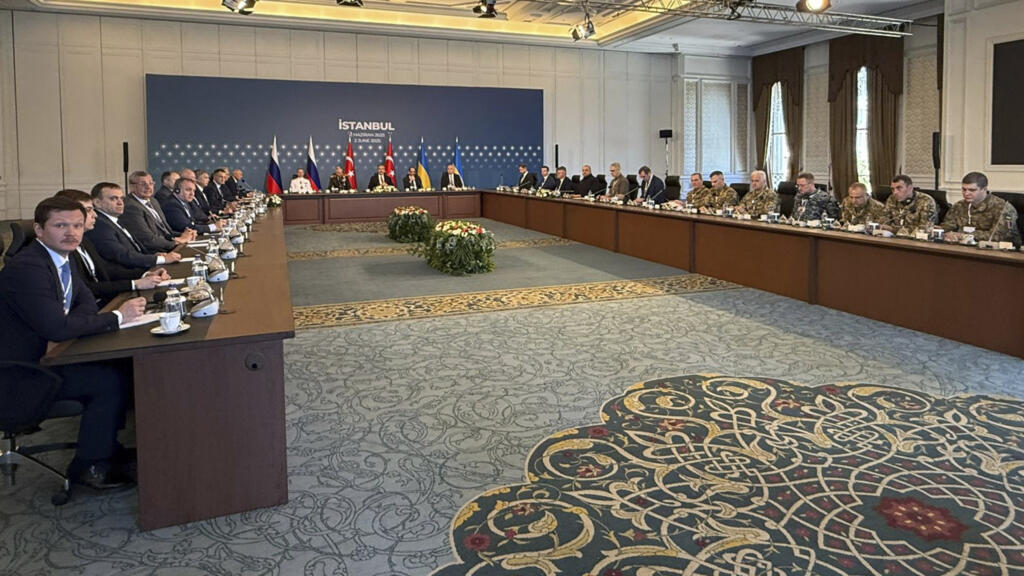Geert Wilders Announces PVV Party Withdrawal from Dutch Government
On Tuesday, Geert Wilders, the leader of the far-right Party for Freedom (PVV) in the Netherlands, declared that his party would withdraw from the ruling coalition government. This significant move arises from what Wilders described as a lack of progress on the party's longstanding objective to drastically reduce immigration levels in the country. The decision is poised to have substantial implications for the Dutch political landscape, as it may lead to the destabilization of the current government and potentially trigger snap elections.
Wilders emphasized that the PVV had entered into the coalition with clear commitments revolving around stringent immigration policies. The party’s agenda has consistently focused on limiting not only the number of immigrants allowed into the country but also advocating for stricter control over asylum seekers and a more robust vetting process for those wishing to settle in the Netherlands. He expressed frustration that despite being part of the coalition, little to no real action had been taken to implement these policies, leading to outrage among party supporters and the Dutch populace who favor tougher immigration controls.
The coalition government, which includes the PVV alongside other parties, has faced mounting pressures over immigration issues, especially amid rising concerns regarding security, social integration, and national identity. Wilders' statements signal a significant ideological divide within the coalition, as other political parties involved may not prioritize the same stringent immigration policies. As the leader of one of the Netherlands' most controversial political voices, Wilders is well aware that his followers expect more than rhetoric; they seek tangible results on issues that they believe fundamentally affect the nation's future.
With the announcement of the withdrawal, the stability of the current coalition government is now in jeopardy. Observers note that the potential collapse of the coalition could lead to a political vacuum, prompting discussions about the feasibility and timing of snap elections. Should elections occur, the PVV is anticipated to pursue a campaign strongly focused on immigration reform, echoing Wilders' calls for tougher measures and potentially attracting voters who share his concerns on these issues.
This situation comes against the backdrop of changing dynamics in European politics, where far-right parties have been gaining traction in various nations, fueled by public sentiment over immigration and national sovereignty. The Netherlands has witnessed similar trends, with increasing support for right-wing populism that resonates with a faction of the electorate tired of traditional political approaches to immigration and multiculturalism.
In the context of this political turmoil, analysts suggest that Wilders’ bold move could either secure his party's position as a more formidable force in Dutch politics or backfire if voters lean towards the stability of the government rather than the radical changes he proposes. The implications are multifaceted, as several parties will now need to navigate the complex landscape of coalition politics while addressing the critical issues of immigration and national identity that have become so central to the debate.
As the situation develops, the focus will be on how other coalition parties respond to Wilders' departure and whether they can find common ground on immigration policies without the PVV. Political leaders across the spectrum will be closely monitoring public reaction, as the landscape shifts and the possibility of an early election looms large on the horizon.












